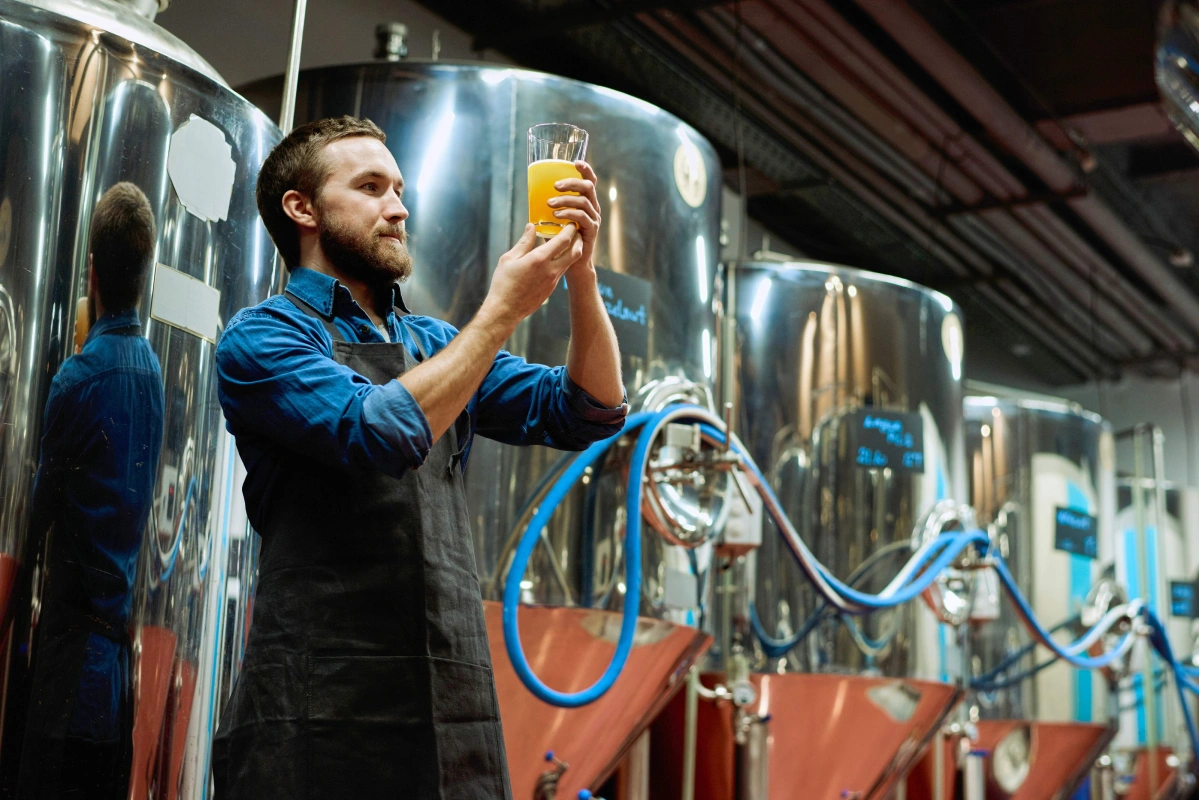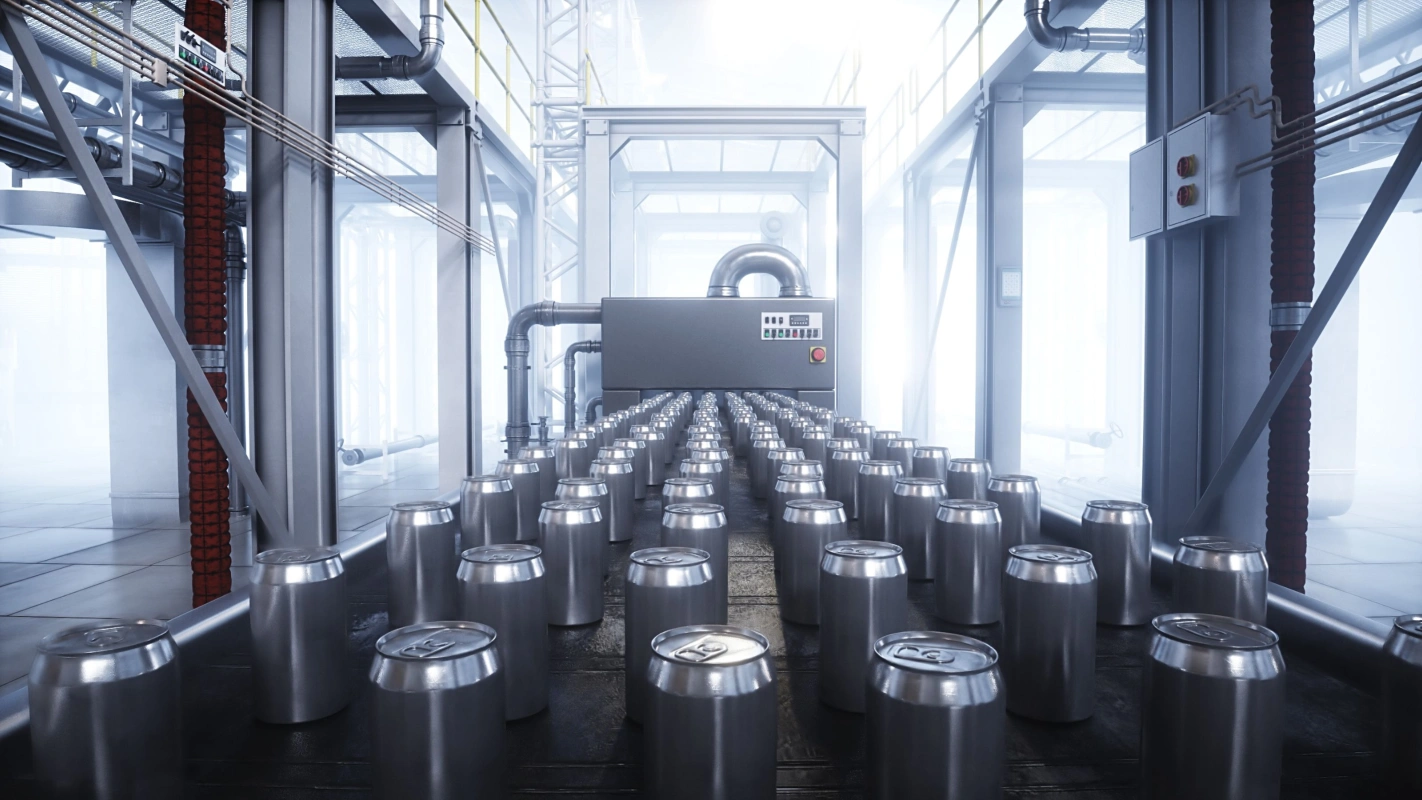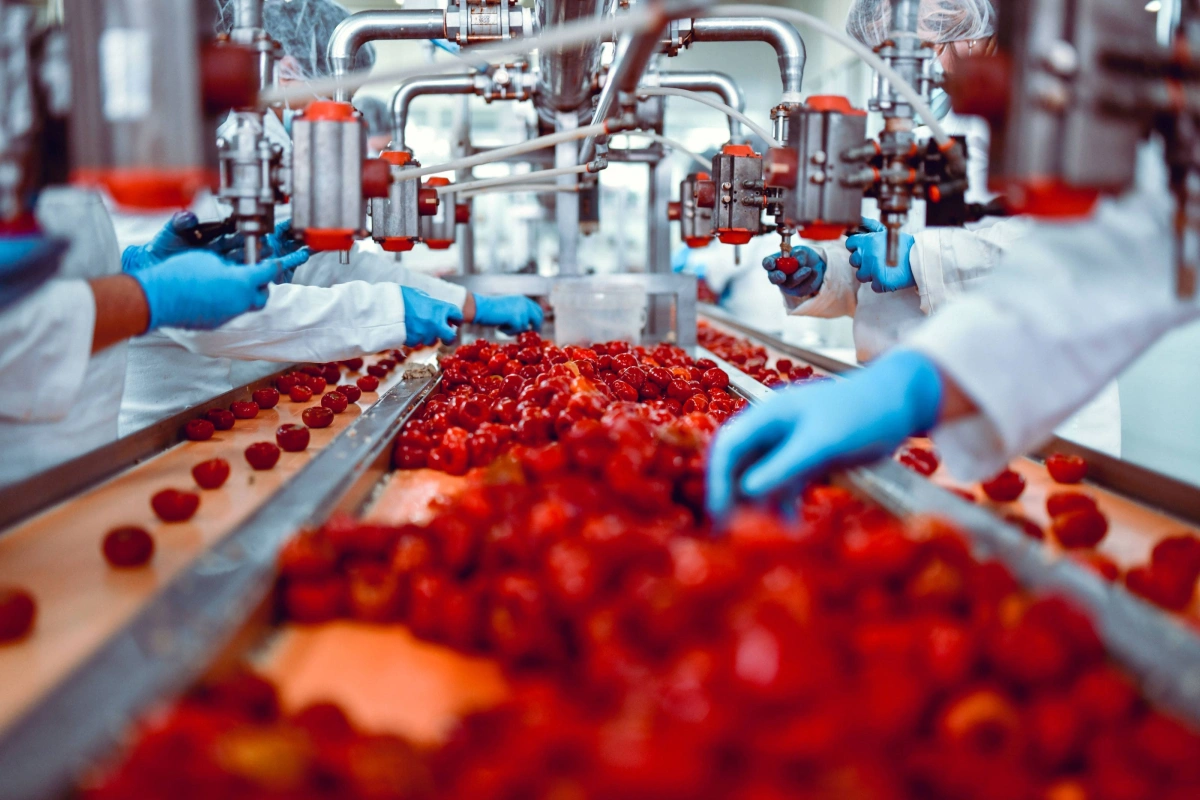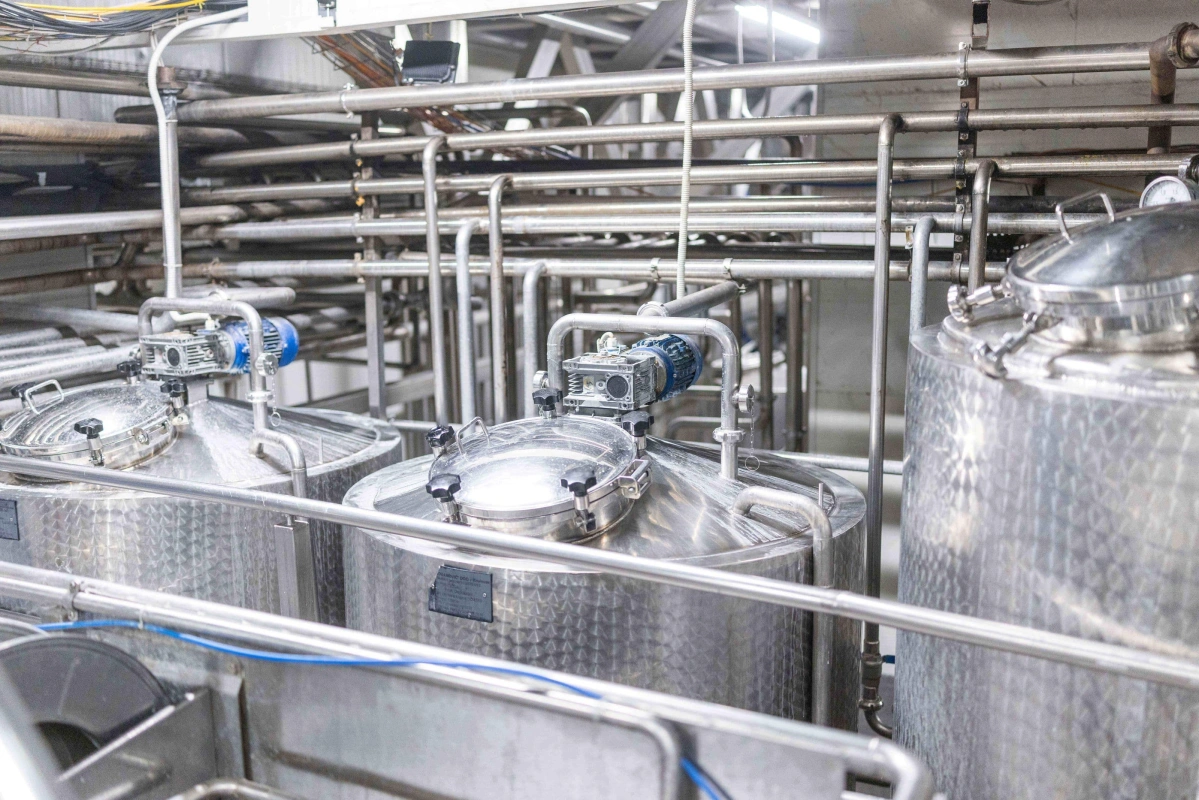Our Clients
Brewery, dairy, soft drinks manufacturers, food (meat, poultry, fruit, bakery, prepared) processors, bottled water
In the food and beverage industry, water quality is non-negotiable. Whether it is used in CIP cleaning, process water, or as product water, it must be microbiologically safe—without compromising product quality or shelf life. But traditional disinfection methods often lead to unwanted by-products like chlorate, chloride and bromate. How can you ensure effective disinfection while staying compliant with strict international standards?
Conventional disinfection still leads to chlorate formation and legal risks
Conventional disinfection methods often struggle to meet legal water quality requirements without triggering unwanted side effects. To reach sufficient microbial control, many systems rely on high doses of sodium hypochlorite. But this approach leads to the formation of harmful by-products—especially chlorate—which not only compromise water quality but also risk exceeding legal thresholds. The result is a cycle of increased flushing, higher energy use, and mounting compliance pressure.
The VDH solution: Dulco®Lyse – ultra-pure disinfection, on site
Instead of solving the problem at its source, conventional systems create new risks and inefficiencies. That’s why VDH chooses a different path: on-site generation of ultra-pure disinfectants that meet regulatory standards without compromise.
Through precise membrane separation, the system achieves exceptionally low levels of chlorate and bromate—two by-products that are tightly regulated in the food and beverage industry. DULCO®Lyse consistently delivers 400 ppm of active chlorine at a neutral pH of 6–7, the optimal range for effective disinfection. And because the system operates using only salt, water, and electricity, it eliminates the need for hazardous chemical storage or handling.



